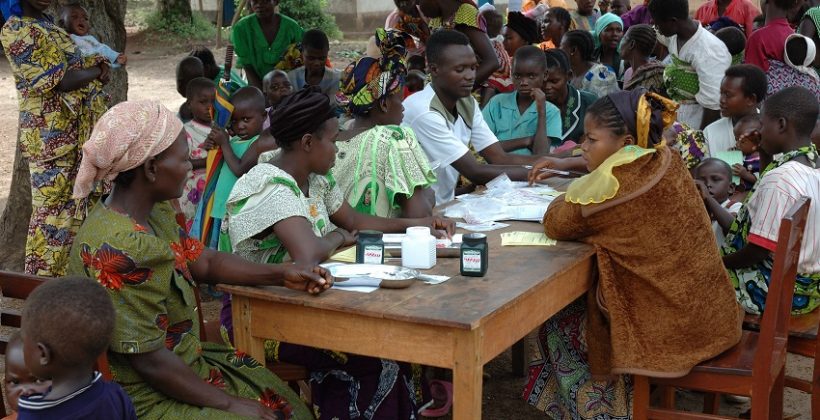Our role
Given the strategic importance of UNICEF’s engagement in HSS, it has contracted Itad, in partnership with Health Partners International, to undertake an evaluation of the organisation’s approach to HSS. This formative evaluation is focused on examining UNICEF’s efforts on HSS across different levels of the organization in order to facilitate learning from experience and the generation of clear recommendations for the future.
To ensure that our evaluation findings and recommendations are of greatest use, we are applying a utilization-focused approach, making the most of opportunities for UNICEF staff (across headquarters, regional and country levels) to feed into the design of the evaluation and engage with interim findings.
Our approach
Our evaluation design is theory-based, centred on the use of an overarching theory of change (ToC) for UNICEF’s work in HSS, which will elaborate the theoretical causal pathways through which UNICEF intends to effect change. The evaluation examines two separate but inter-related domains of UNICEF’s engagement in HSS – namely, how UNICEF as an organization is supporting the changes sought in its approach, and how program implementation is supporting HSS at country level. We see the organizational and implementation domains of the evaluation as distinct but highly interrelated and therefore have developed a common conceptual framework to underpin the design of our approach to data collection and analysis. This will allow examination of each domain in turn but facilitate a robust assessment across the piece – i.e. interfacing to examine the contribution of UNICEF as an organization to implementation at the country level.
To make sure that our evaluation generates findings that are credible and of use to users – one of the key principles of utilization-focused evaluation – we are incorporating a mixed-methods approach, across global, regional and country level. We are deploying case studies, structured document review, key informant interviews (KIIs) and an online survey to generate robust evidence against elements of the ToC, and robust synthesis against the EQs. This will allow a clear line of sight between the evidence, findings, conclusions and recommendations.
Image: Vaccination Health Centre, Marabo. Credit: Julien Harneis (CC BY-SA 2.0)


